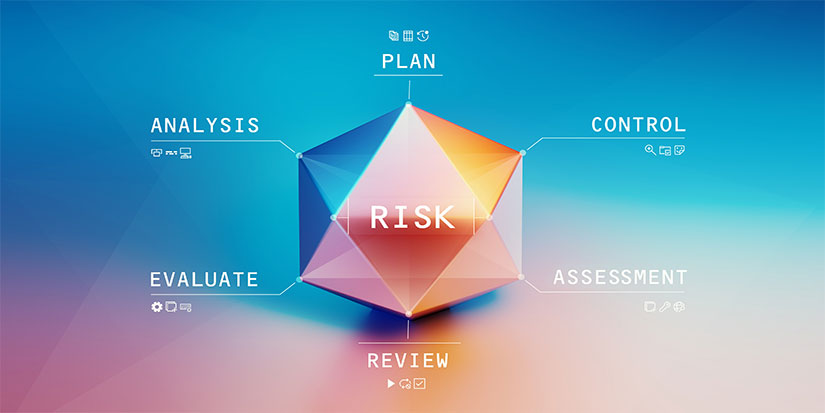
The Importance of Diversification
You may or may not know that during the Great Depression, the stock market went down 89%. If you had a $200,000 portfolio, that leaves you with $22,000. Catastrophic. Not to say that will happen again, but… it might.
I got curious and decided to look up what the bond market did in that period (from 1929 to 1932). It was up 15%!
So, if you had a 60/40 portfolio, you would have been down 47.4%. A much better result! You couldn’t legally own gold back then, but if you owned gold miners, you would have been pretty happy. Real estate went down a lot, but real estate did better than stocks.
The point is, if you were diversified across asset classes, it was terrible but perhaps not catastrophic.
Think about that when you see headlines like this:

Eek. This is what passes for investment analysis these days: Stocks have done the best, so put all your money in stocks. And a lot of people are doing just that.
I Am Not an Angry Bear
I am not a fearmonger. But these days, telling people that they should diversify sounds like fearmongering. You know what? Stocks might not go up forever. Maybe stocks will go down. Maybe something else will go up.
Index funds are sold on the premise that if you buy an S&P 500 index fund, you are diversified because you have 500 stocks. Do you really think you are diversified if you have 500 stocks?
I want to talk a little bit about the derivatives market. Stock index futures appeared on the scene in the early 1980s, allowing people to get exposure to the stock market with leverage, on margin. I will tell you that most of the movement of the stock market these days is driven by futures and options. Back in 2006, when I was at Lehman Brothers, the electronic futures trading system, Globex, went down for a few hours in the middle of the day. The stock market stopped moving! It was incredible.
Of course, everything is driven by leverage these days. The gold market is famously leveraged, driven by the futures market. Bonds and commodities have futures and options, but cash and real estate don’t. Well, there is leverage in real estate, but less than there used to be.
The point is that leverage in the financial markets increases volatility and exposes us all to wild swings and crashes. You can’t put the genie back in the bottle, but if I could go back in time and somehow stop stock index futures from being listed, I would.
You might remember that the Crash of 1987 was blamed on program trading an index arbitrage. Index arbitrage is net delta neutral—that was not the cause. Program trading is just trading baskets of stock all at once. It was the futures that did it, in the hall with the candlestick. Soon, we will list options on VIX futures. Now, I can make the case for options on VIX futures, but if you think about what this is, it’s an option on a future of an index that is made up of spot option prices. Not to mention variance swaps and barrier options and options on forward starting variance. We’re doing great!
Most of the time, this all works, and things are stable. But how fragile everything is, and people put their life savings in this stuff? I worked in equity derivatives for a decade. 80% of USDA chicken inspectors no longer eat chicken.
The counterargument here is that we had crashes and panics long before derivatives were listed on stocks, long before financialization reached absurd levels. But there were some rudimentary options being traded in the late 1920s, not listed on an exchange. People need leverage, I guess.
Slow Boring
You should try to make your investments as slow and boring as possible so you never have to look at the balance in your brokerage account. Maybe once a year. But when seven crazy tech stocks make up 35% of the index, you kind of have to look at it every day. It is no longer slow boring.
That’s the weird thing about America—we are a nation of risk-takers and crazy gamblers. We are going to put our life savings in a company that makes chips for AI servers, a market that didn’t even exist until two years ago. But index funds are safe, right? Any financial advisor will tell you that people walk through their door and ask where they can get some of those safe index funds.
You know I created the Awesome Portfolio. Right now, I am working on a book about the Awesome Portfolio. It should come out in 2026. In it, I talk about how insane we all are with our retirement savings. Absolutely nuts. And you don’t have to give up much in the way of returns to make it a lot safer.
Happy New Year. I’m having a party at my house. There might be partial nudity.

Jared Dillian, MFA
|

I Am Worried About the Stock Market
Now… I am worried about the stock market. When I was in NYC, I was in the office of one of my hedge fund subscribers, and he comes in and says, “Doesn’t it feel as though something really bad is going to happen?
Adult Swim
I famously wrote in a Substack essay that I don’t vote. You can google it if you want; I’m not going to link to it because it has salty language.
The Best of Times, the Worst of Times
Trading is funny—sometimes things are going really well, and sometimes things are going very poorly.
Something Important Just Happened
A couple of weeks ago, I wrote about how I thought the bottom in commodities was near. I think it happened.
If the Music’s Still Playing, You Have to Keep Dancing
Private equity firms do private equity. If they run out of good opportunities, it’s not like they're going to switch to, say, commodities trading.